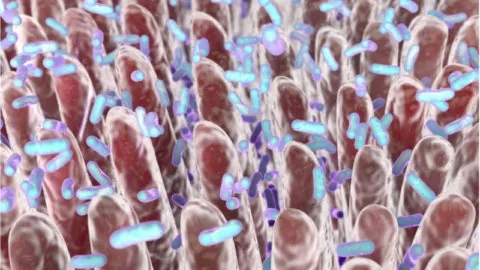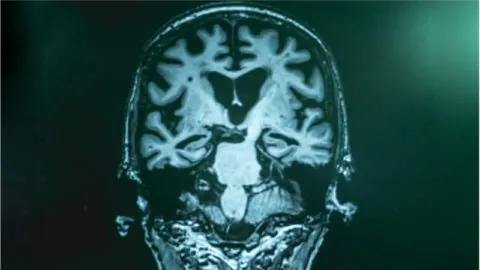June 30, 2020
Today, we want to highlight a press release from Ponce de Leon Health that talks about the results of a pilot consumer trial that the company has recently concluded. The company claims that it has been successful in reducing the epigenetic age of participants by an average of 8.5 years with its dietary supplement Rejuvant....
June 30, 2020
By using a large UK health databank and advanced methods of statistical analysis, scientists have discovered genetic ties between various age-related diseases and proposed several candidate drugs for upstream intervention. Building age-of-onset profiles of diseases The very fact that multitudes of age-related diseases (ARDs) exist alludes to more than just a coincidence. One of the...
June 29, 2020
Researchers have published a new study suggesting that some of the inflammatory signals secreted by senescent cells could be used as a biomarker to measure aging and health. What are senescent cells? As you age, increasing numbers of your cells enter into a state known as senescence. Senescent cells do not divide or support the...
June 26, 2020
Cyclodextrins have been of particular interest in the context of treating atherosclerosis, so today we want to highlight some interesting research that uses a novel delivery method to combat this disease. Nanoparticles improve drug delivery Cyclodextrins describe a group of cyclic oligosaccharides, which have a varied range of uses in the food, pharmaceutical, drug delivery,...
June 25, 2020
A new study has seen researchers alter the balance of harmful bacteria in the gut microbiome to reduce cholesterol and reverse atherosclerosis in mice fed a high-fat Western diet. What is the gut microbiome? The gut microbiome describes the varied community of bacteria, archaea, eukarya, and viruses that inhabit our gut. The four bacterial phyla...
June 24, 2020
In a recent study, researchers from the Buck Institute have shown that cellular senescence, one of the hallmarks of aging, is partially responsible for Alzheimer's disease. Why We Age: Cellular SenescenceAs your body ages, more of your cells become senescent. Senescent cells do not divide or support the tissues of which they are part; instead,...








